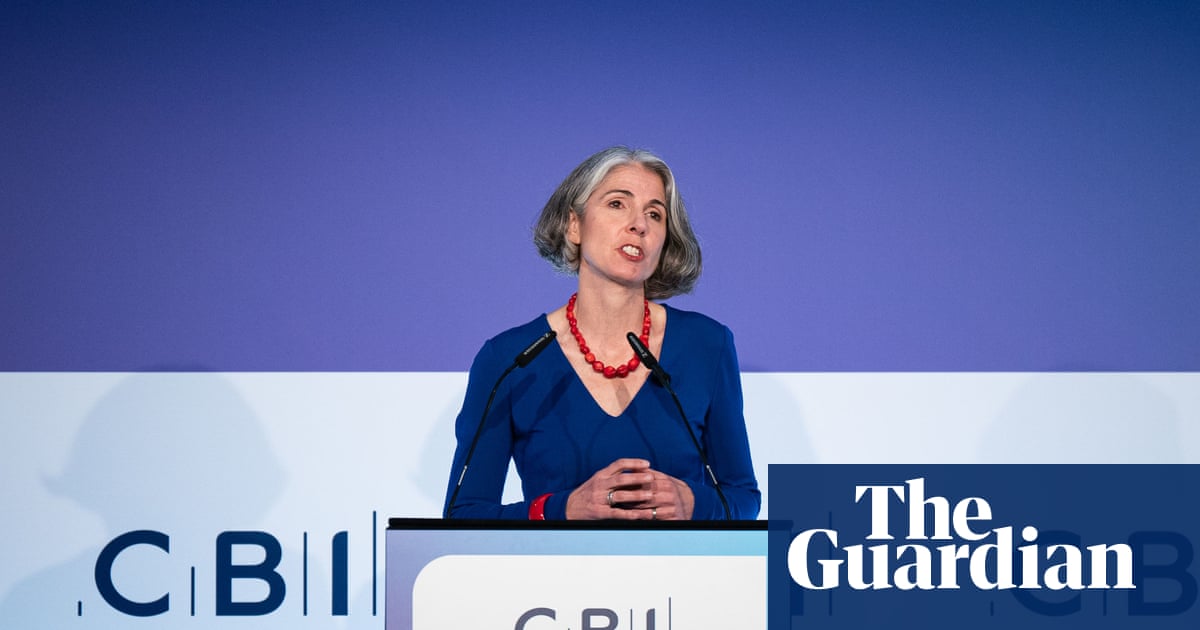
The economic reforms program, adopted by Egypt in 2016, helped the country exit the crisis of foreign currency scarcity. However, the greatest challenge awaiting the country is its capability to shift from dependence on debts to investment.
The International Monetary Fund (IMF) warned from some obstacles facing the attraction of more investment in addition to the need to restructure the growth model in the country.
Despite the strong presence of IMF in Egypt, yet the Fund criticized in its last month report the economic growth model of the past thirty years. It considered that the economic growth in Egypt during the past two decades was inefficient to improve the living standard.
Egypts growth picked up during fiscal year 2016/17, with full year GDP rising by 4.2 percent compared to the projected 3.5 percent, according to the Fund report. Yet, the economic model continues to maintain its negative points that hinder many additional investment opportunities.
Months after the an escalating financial crisis, the international funding agreements signed by Egypt reinforced foreign funding to the country. However, the sharp hike of foreign debt increased the country’s need to seek a sustainable funding source to attract investment.
Further, an independent party to organize the public transportation will be established end of 2018, within a new vision to separate organizational authorities from ministries.
The Fund considered that the Egyptian economic model pushes the Central Bank of Egypt at many times to play roles that exceed its original one, and contradict with prices stability.
IMF suggested that the Egyptian state adopts a bundle of taxation reforms, which might increase revenues up to four percent from the GDP. These reforms include expanding the VAT base through reducing taxation exemptions.










